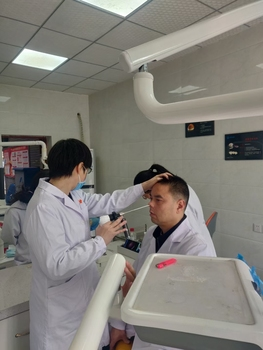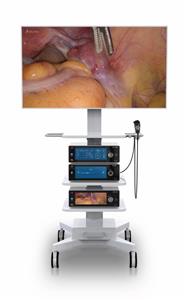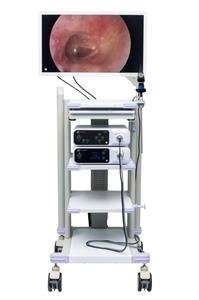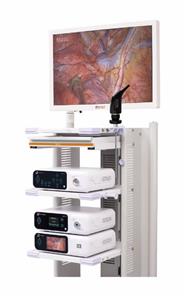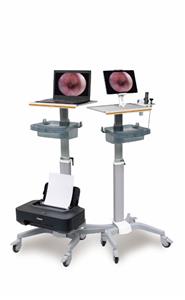Effectiveness of minimally invasive nasal endoscopic surgery in the treatment of chronic sinusitis with nasal polyps
Sinusitis and nasal polyp is a common clinical ENT disease, which is caused by the formation of polyps due to nasal allergy and inflammation, resulting in obstruction of ventilation and drainage, with symptoms such as nasal congestion, runny nose and headache, etc. In more serious cases, patients may experience reduced sense of smell, thus causing serious impact on physical and mental health and daily life.
Due to the complex structure of the nasal cavity, conventional surgical treatment cannot completely remove the polyps, and the surgery is more invasive, with a higher recurrence rate and poor treatment effect. In recent years, the level of medical technology continues to develop, minimally invasive technology has a better development. Nasal endoscopy has good results in the treatment of sinusitis and nasal polyps, and it has a better treatment safety.
The nasal endoscope is small in diameter and does not cause harm to the patient during its use. This method is effective in identifying lesions and other tissues in the patient's nasal cavity and improves the accuracy of the procedure with imaging, while also reducing damage to healthy tissue. In addition, the method includes an aspiration device, which can be used to remove the lesion directly from the body after excision, and the bleeding from the excision site can also be absorbed. This treatment improves nasal ventilation and reduces the damage to sinus tissue, which shortens the recovery time and reduces the occurrence of complications and protects the patient's health.
